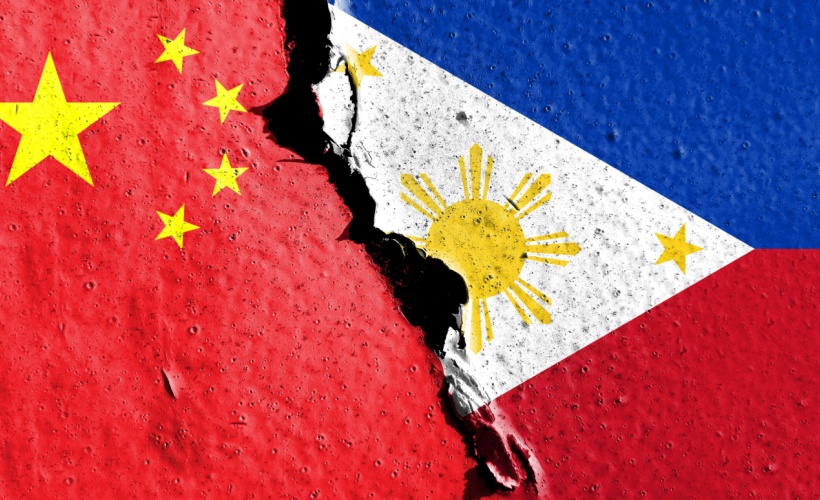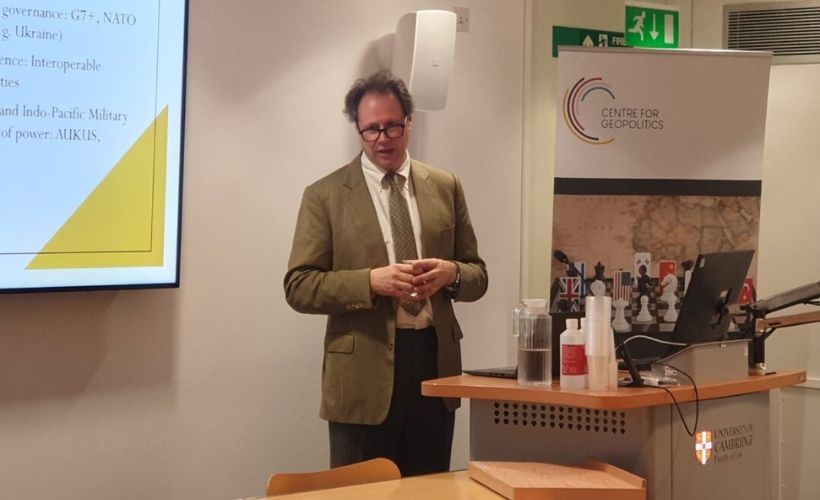By Taka Kamisuna, Research Assistant
On 16 May, the Centre for Geopolitics welcomed Professor Anoush Ehteshami from Durham University for his talk ‘The geopolitics of China’s Belt & Road Initiative and Westward focus’. It was attended by nearly 40 people online, from not only the UK but also the Middle East and Asia, and covered crucial aspects of China and West Asia relations, including economy, security and diplomacy.
The primary focus of Anoush’s talk was the changing dynamics of the global political economy over the last two decades. Economically, the inter-dependency between China and the global economy has been intense; while the global economy has largely been affected by the rise of China as the economic power, China has also been influenced by the expansion of the global economy. In this respect, 2001 was a critical juncture both for China and the world. On the one hand, China joined WTO, but then the tragic terrorist attack on 11 September in 2001 eroded the unipolar position of the US. The post-9.11 attitude of the US towards the global south accelerated the polarisation of the world between the US and its allies and the US and its enemy. Middle East and North African countries which had previously strong relations with the US were significantly influenced by this bipolarisation, resulting in a shift towards China.
Another significant change was a systematic shift from North to South, or Europe/the US, to Asia – or in his Anoush’s term the ‘Asianisation of Asia’. Now many countries both inside and outside of Asia have begun to focus on Asia. This regional transformation in the 21 Century has indeed changed the role of China as a pivotal actor. Since 1993, China has been a net importer of oil from West Asia. Hence, the post-Cold War China’s diplomatic focus has been Westward. Meanwhile, China has begun to seek new markets and trading partners in other parts of Asia as well as Latin America and Africa. These tendencies have accelerated the ‘Asianisation of Asia’ since the middle of 2000s, in terms of low material trade, energy trade and infrastructure investments.
China’s expansion of the energy supply chain has also promoted closer military relations and diplomatic partnerships between China and the Middle East. This has included China-UAE and China-Arab summits, which could be seen as a significant indicator of China’s strategic shift towards West Asia.
To conclude, Professor Anoush argued that the resurgence of China does not mean the demise of the West. Nevertheless, China is a ‘new creature’ for the West, and West Asia now recognises China as a strong economic power. The talk was followed by lively discussions with audience online.







